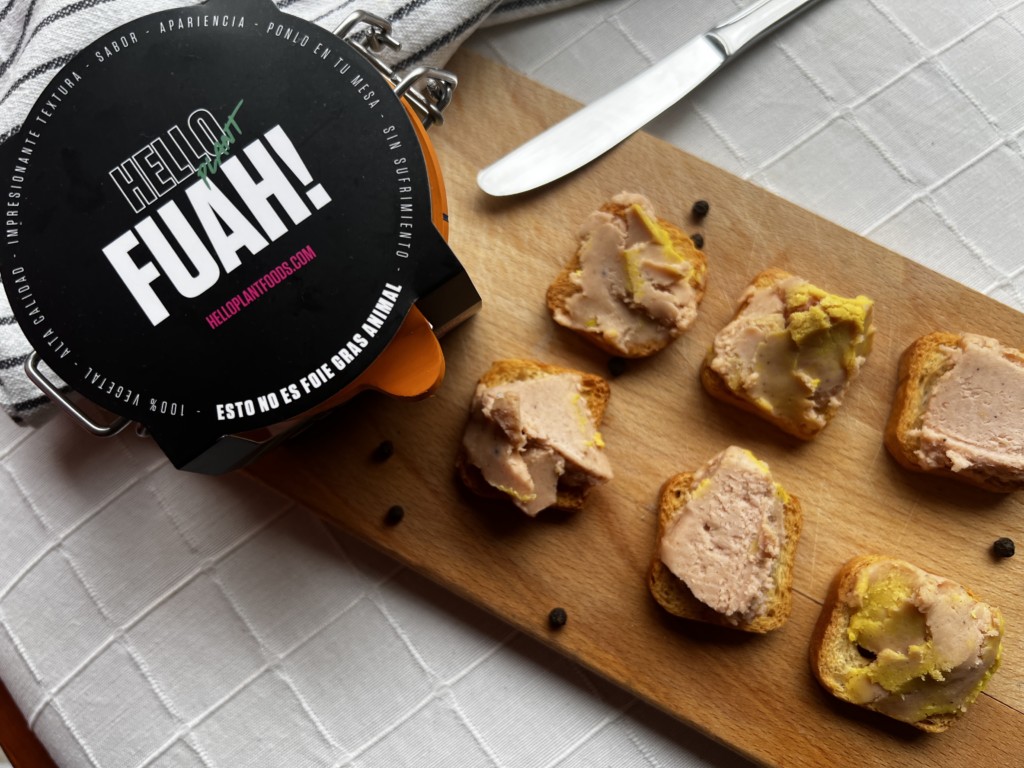A report by FACT.MR has found that the vegan foie gras market will grow with a CAGR of 5.8% over the forecast period 2024-2034.
The production of conventional foie gras has a high environmental impact and involves force-feeding ducks and geese, a process often considered unethical. This has led some areas, such as California, to ban animal-derived foie gras.
Consequently, the market for vegan alternatives is growing, and companies are increasingly working to cater to this demand. One example is California-based The Better Meat Co, which has developed mycelium-based foie gras that has proven popular at upscale restaurants. Another Californian company, Prime Roots, has taken a similar approach with its foie gras made from koji fungus.

In Europe, Nestlé’s plant-based Garden Gourmet brand relaunched its vegan Voie Gras in December with an updated recipe. Made from soy, the product previously proved popular following a seasonal launch in 2022. Spain’s Hello Plant Foods also reported success over the festive season, announcing that it expected to sell over 100,000 units of vegan foie gras. The product’s low price — half that of conventional foie gras — has helped to win over meat-eaters as well as vegans.
“Diverse and gourmet”
Broader trends towards plant-based diets will also boost the vegan foie gras market, along with improvements in food technology that allow for the development of more realistic products. Furthermore, plant-based foie gras alternatives may be perceived as a healthier option, as conventional foie gras is high in fat and calories.
“Consumers are seeking substitutes that reduce the ecological impact associated with traditional foie gras amid a growing focus on environmental sustainability. The rising demand for diverse and gourmet plant-based options is driving market growth,” says a Fact.MR analyst.




